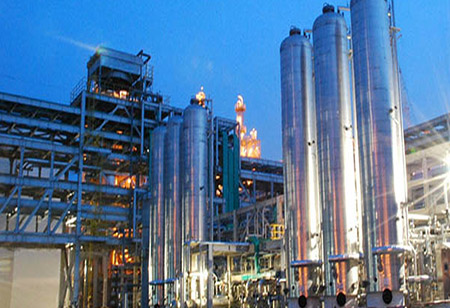For integrated manufacturing of solar modules under the Atmanirbhar Bharat Abhiyan, NTPC, and BHEL - the public sector companies may set up polysilicon manufacturing plants in the country.These manufacturing plants are set up with an aim to help reduce India’s dependence on China for the import of wafers, ingots, and cells.
One of the senior officials from the ministry of new and renewable energy (MNRE) told FE that the price of wafers used in the production of cells has been increased by the Chinese manufacturers after the country increased the cell manufacturing under the
Aatmanirbhar Bharat Abhiyan. This may result in making the Indian panels in-competitive against imported panels from China, which indicates their vulnerability to price changes and their dependence on China.
“To overcome the issue of highhandedness of Chinese manufacturers, the Indian government is in talks to make ingots and wafers and is readily available for imports from countries outside of China like South Korea,” the official added.
One GW of polysilicon capacity costs somewhere around Rs 1250 crore to Rs 1500 crore, this is as per the industry standards.
Anish Rajgopal, Director, Chemtrols Solar said, “It is needed for the country that some companies with deep pockets take the initiative of setting up polysilicon and wafer manufacturing capacity in the country as they are highly capital-intensive.”
“The advantage with polysilicon is they are readily available in the country, although to begin with companies may look at high-quality silicon from abroad, but later they can shift to domestically available silicons,” he added.
Ministry of New Renewable Energy is also in the process of offering a scheme that will provide financial incentives to the manufacturers who are willing to set up polysilicon, ingots, and wafers plants. Since the manufacturing of wafers and ingots is capital intensive, and as against the cells and modules production, the per-unit cost has become self-sustainable with the import duties and solar schemes such as KUSU, CPSU, and Rooftop. These require the mandatory usage of domestic cells and modules.
“We need to look at providing interest subvention to wafer and ingot manufacturers. We also need to look at self-sustaining and captive usage schemes for wafer manufacturers as well,” the MNRE official said.
According to the official their single-window project monitoring division possessesa huge response. This is for the cells and module manufacturing from Proprietors under the Atmanirbhar Bharat Abhiyan.
Furthermore, they are working to meet the requirements of wafer manufacturers as well.
